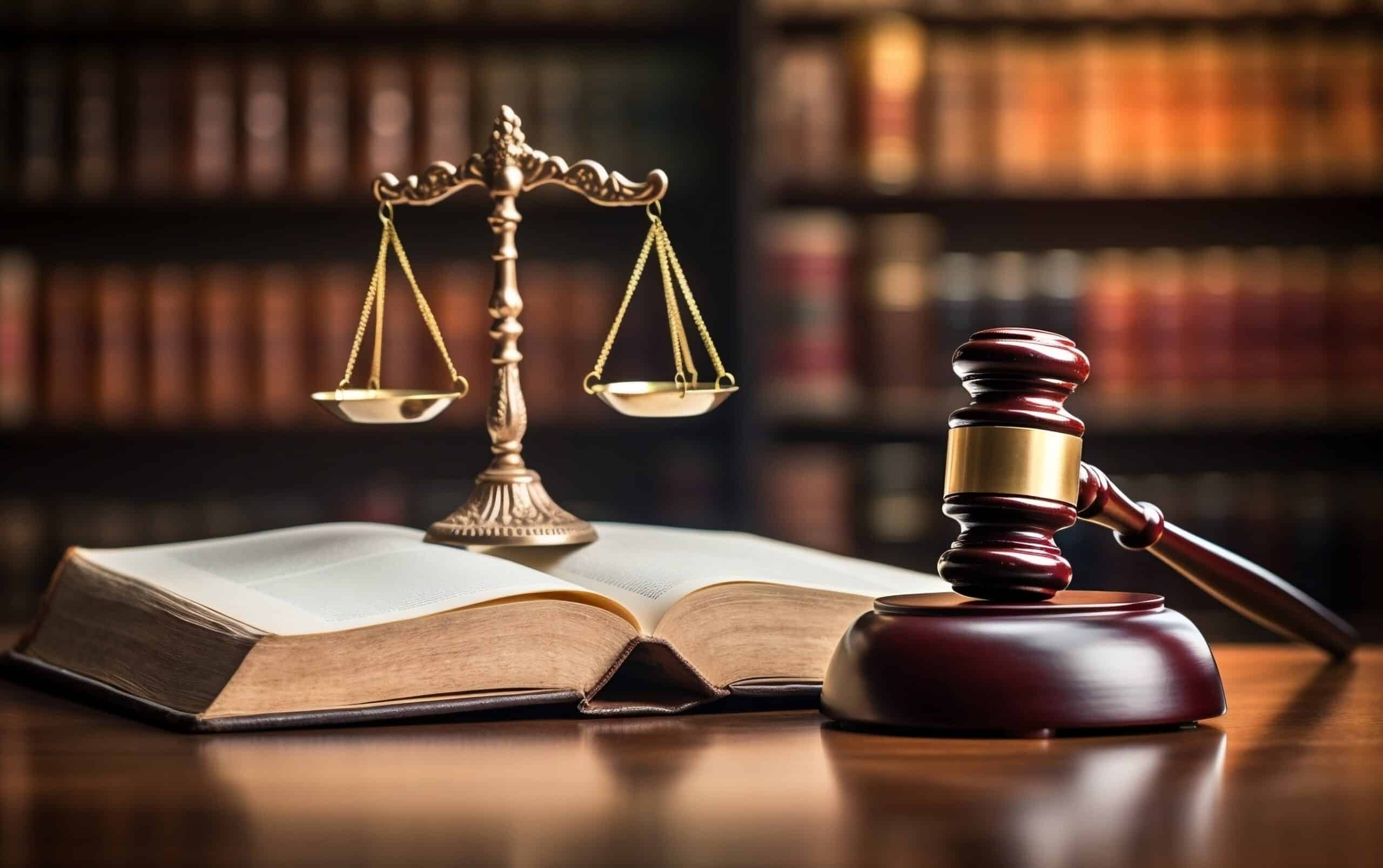Misdemeanor charges are common in North Carolina and can have significant legal consequences for those accused. Understanding the ins and outs of misdemeanor charges, including the types of offenses, potential penalties, and legal procedures involved, is essential for individuals facing such charges. In this blog, we will provide a comprehensive overview of misdemeanor charges in North Carolina, shedding light on common offenses, penalties, and the importance of seeking legal representation from an experienced criminal defense lawyer.
Types of Misdemeanor Offenses:
Misdemeanor offenses in North Carolina cover a wide range of criminal conduct, ranging from minor infractions to more serious crimes. Some common types of misdemeanor offenses in North Carolina include:
- Simple Assault: This offense involves physically injuring or attempting to injure another person without the use of a deadly weapon.
- Disorderly Conduct: Engaging in disruptive or tumultuous behavior that disturbs the peace and tranquility of others.
- Driving While Impaired (DWI): Operating a motor vehicle while under the influence of alcohol or drugs.
- Possession of Marijuana: Possessing a small amount of marijuana for personal use.
- Shoplifting: Intentionally taking merchandise from a store without paying for it.
- Trespassing: Entering or remaining on someone else’s property without permission.
Penalties for Misdemeanor Offenses:
In North Carolina, misdemeanor offenses are classified into four categories: Class A1, Class 1, Class 2, and Class 3 misdemeanors. The penalties for misdemeanor offenses vary depending on the classification of the offense and other factors, such as prior criminal history. Generally, the penalties for misdemeanor offenses may include the following:
- Class A1 Misdemeanor: This offense is punishable by up to 150 days in jail and/or a fine determined by the court.
- Class 1 Misdemeanor: This offense is punishable by up to 120 days in jail and/or a fine determined by the court.
- Class 2 Misdemeanor: Punishable by up to 60 days in jail and/or a court-determined fine.
- Class 3 Misdemeanor: Punishable by up to 20 days in jail and/or a court-determined fine.
In addition to jail time and fines, individuals convicted of misdemeanor offenses in North Carolina may face other consequences such as probation, community service, restitution, and participation in court-ordered programs.
Legal Procedures for Misdemeanor Charges:
The legal procedures for misdemeanor charges in North Carolina typically involve several stages, including:
- Arrest: Law enforcement officers may arrest individuals suspected of committing misdemeanor offenses based on probable cause.
- Initial Appearance: Following an arrest, individuals are brought before a magistrate or judge for an initial appearance, where they are informed of the charges against them and their rights.
- Arraignment: At the arraignment, individuals enter a plea of guilty, not guilty, or no contest to the charges. If the plea is not guilty, a trial date is set.
- Trial: Misdemeanor trials in North Carolina may be conducted before a judge or jury, depending on the nature of the offense and the defendant’s preference.
- Sentencing: If convicted, the court sentences individuals, and penalties are imposed based on the severity of the offense and other relevant factors.
Importance of Legal Representation:
Navigating misdemeanor charges in North Carolina can be complex and daunting, especially for individuals unfamiliar with the legal system. It is crucial for those facing misdemeanor charges to seek legal representation from an experienced criminal defense lawyer who understands the intricacies of North Carolina’s criminal laws. A skilled attorney can assess the facts of the case, develop a strategic defense strategy, and advocate for the accused to protect their rights and achieve the best possible outcome. By enlisting the services of a competent lawyer, individuals facing misdemeanor charges can ensure that their interests are effectively represented and their legal rights are upheld throughout the legal process.









